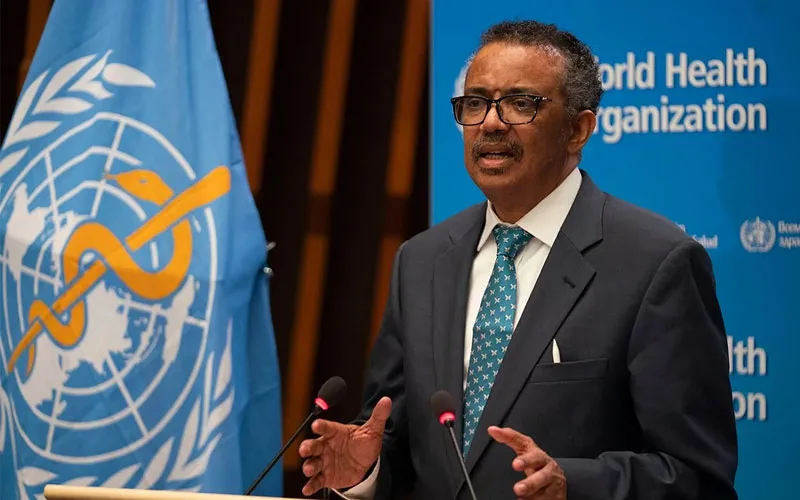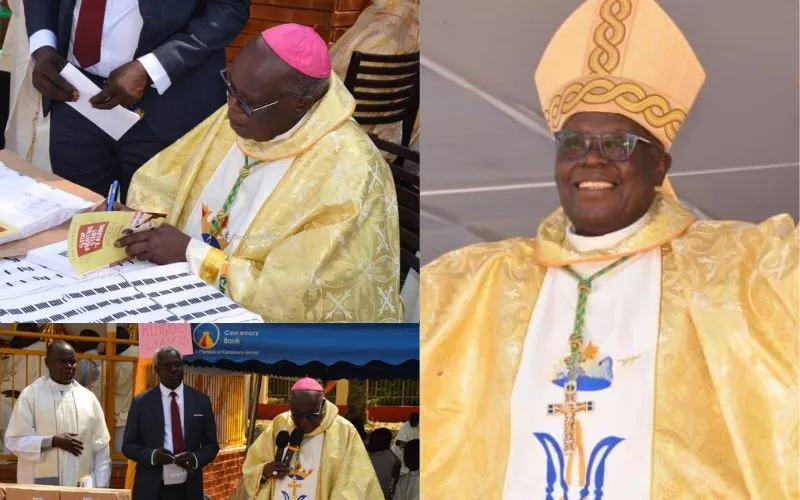Nairobi, 29 May, 2022 / 8:31 pm (ACI Africa).
Members of the Kenya Catholic Doctors’ Association (KCDA) are asking the country’s Attorney General (AG) to advise Kenya’s representative at the ongoing Seventy-fifth World Health Assembly to “explicitly reject” the proposed amendments to the International Health Regulations (IHR).
The U.S. has proposed that the Director General of the World Health Organization (WHO) be given the power to unilaterally declare a Public Health Emergency of International Concern (PHEIC) even when the country dealing with a disease outbreak objects.
In their Wednesday, May 25 petition published online, KCDA members say they “would like to bring to the attention of all Kenyans the danger posed to our country by the United States’ proposed amendments to the International Health Regulations (IHR) of World Health Organization (WHO) that will be discussed during the ongoing 75th World Health Assembly that stated on 22nd and is due to end on 28th May.”
While the current IHR that was adopted in 2005 respects the sovereignty of member nations, Catholic Doctors in Kenya are concerned about the proposed amendments that they say seek to “expand WHO’s authority to implement global health mandates on member states in direct violation of national sovereignty and citizens’ rights.”
The proposed amendments, KCDA members say, “would also give the WHO unilateral power in assessing and determining a health emergency thus empowering the WHO to dictate policy and response of member nations.”








